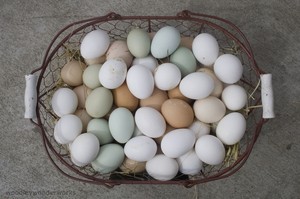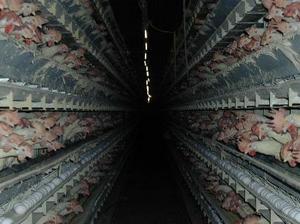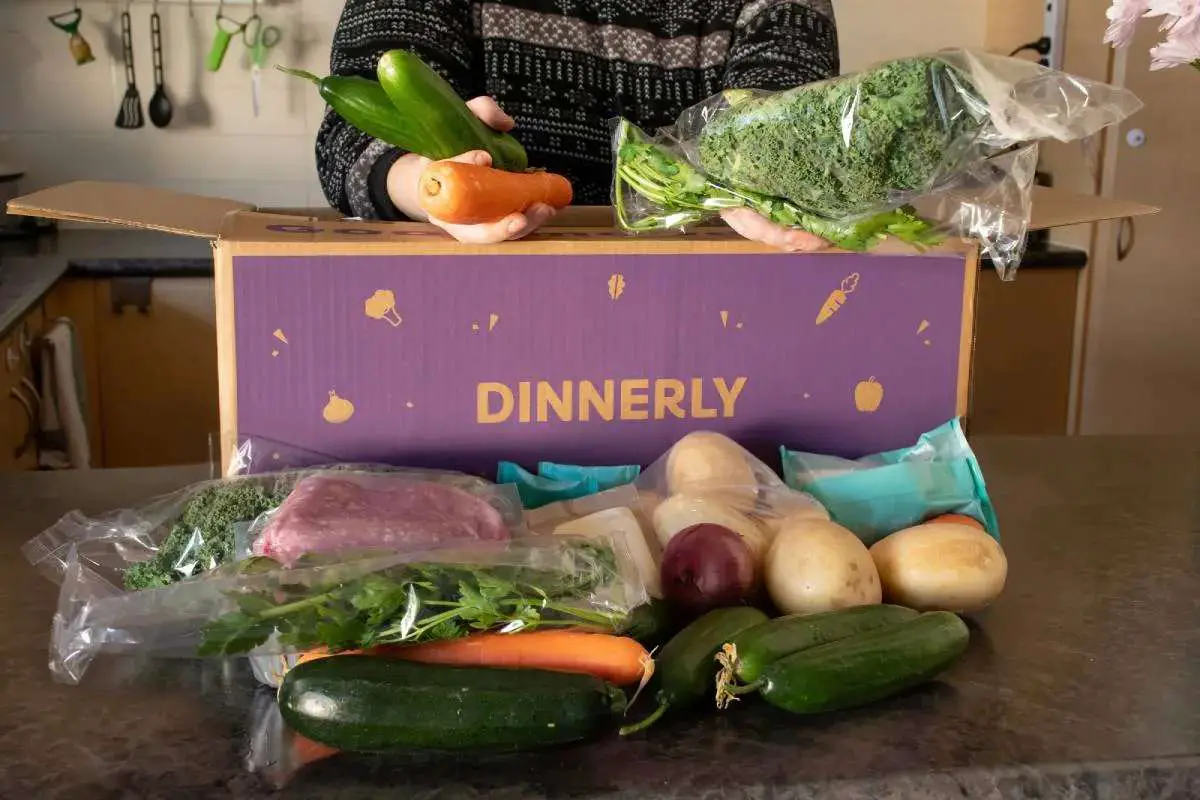 Do you know where (and how) the eggs you ate for breakfast were produced?
Do you know where (and how) the eggs you ate for breakfast were produced?
Factory farms, otherwise known as CAFO’s (concentrated or confined animal feeding operations), are the source of 95% of the eggs consumed in the United States today.
Home for these unfortunate chickens is an endless row of small wire cages, with as many as 8 birds housed in a mere 14 square inches of space.
What Some Factory Farms Are Like
Rows of cages are stacked in multiple layers, forcing the waste to drop down through lower cages onto the other birds.
When the chickens stop laying eggs, they’re either slaughtered or deprived of food and water to shock their system into another round of laying eggs. This goes on until they die from exhaustion or are slaughtered.
 By avoiding foods produced by factory farms you’re also reducing similar situations for beef and pork production.
By avoiding foods produced by factory farms you’re also reducing similar situations for beef and pork production.
Beyond inhumane treatment to the animals, there is the huge quantity of excrement to deal with. For example, pollution from feedlots is contaminating ground water in many parts of the country.
Have You Tried Organic Foods Yet?
There is a lot you can do to provide a healthier food options for you and your family:
- Seek food from a known source that you trust, such as local or regional farms.
- Understand organic food labels. Know the difference between organic, natural, and free range.
- Explore food co-ops and farmers markets. They can tell you firsthand how their products were produced.
- Grow your own. Homegrown vegetables always taste better anyway.
- Consider keeping chickens. Many cities are enacting ordinances allowing homeowners to maintain their own chicken coops.
If you truly want to put the very best food on your family’s dinner table, it may be time to get serious about eating organic foods.
Here’s how to eat organic on a budget. (More great tips for eating organic on a budget.)
Be prepared to spend a little more money for organic food products, or simply choose to produce your own foods at home. Avoiding products from factory farms will take some effort, but it’s worth it!
One of my all-time favorite "hobbies" is cooking at home! I especially enjoy experimenting with new ingredients …and different types of cookware. My specialties are foods that are diabetic-friendly, keto-friendly, and low-carb. I share my favorite recipes and cooking tips here at The Fun Times Guide to Food.






